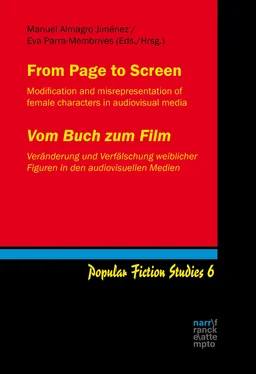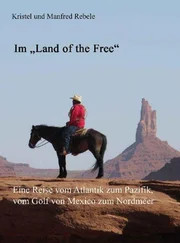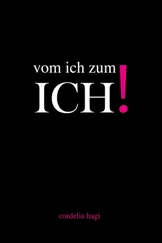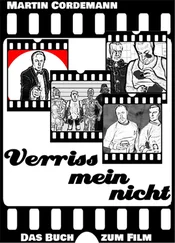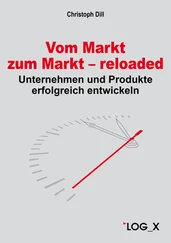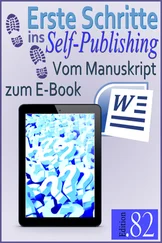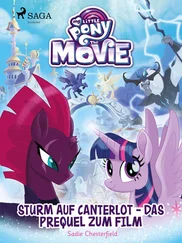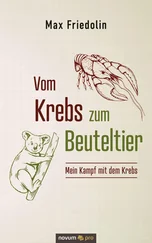Consequently, as opposed to what happened to the treatment of violence against children, punishment on adult characters becomes even more obvious in the film. This factor may make the result less politically incorrect, but it definitely helps perpetuate the debate about whether the protagonist should be considered a knight in shining armor or a little bully with an angelical face. The purpose of this paper is not to side with either one or the other standpoint, but to underscore a decision that, in our view and to a certain extent, clashes with the traditional parameters of the family film. As stated in previous sections, this genre tends to convey a very clear distinction between good and evil, and Matilda , the motion picture, blurs this line by featuring a protagonist that, at some points, mirrors the behavior of the villains she is allegedly trying to fight.
Since section 2 illustrated the struggle between the film industry and the will of the author and his family regarding the approach that Matilda, the motion picture, should follow, it may be interesting to conclude this paper by listing the points each party scored in this competition. At one end, Hollywood’s hand can be seen in decisions regarding the setting of the story, the abridged, less Dickensian past of Miss Honey, a brighter and less wistful ending, or in the fact that physical violence against children is somewhat backgrounded as the film foregrounds punishment on adult characters like Miss Trunchbull. As for the protagonist, the different use and relevance of her magic powers together with the addition of a short list of funny episodes triggered by her actions stand out as the main concessions to the film industry standards.
Nevertheless, team Dahl also got numerous victories in the movie-making process and the final product. At some points, the film is so close to the book that dialogues and narration practically overlap, and the characterization of main and peripheral characters has been profoundly respected. Besides, the core topics Dahl’s novel addresses are still there to be seen and analyzed by insightful spectators, and so is, even to a greater extent, the questionable behavior of the protagonist in certain scenes.
All things considered, our initial assumption has been only partly confirmed. The context of production and the multifarious contexts of reception have probably been decisive for choosing the setting and the introduction of American cultural references instead of British ones. In like vein, certain decisions (the increased relevance of magic or the modifications in the ending of the story being perfect cases in point) have helped tailor the motion picture to a more familial audience and to the age rating label which the producers were probably pursuing. However, other traits present in the movie somehow flout the parameters the audience may expect a family film to follow. Hard scenes (at least for a PG-rated motion picture) are maintained and most of the protagonist’s controversial actions are there for viewers to judge. All in all, Matilda may have moved to the United States, but she took heavy luggage with her and left few things behind.
Bibliographical References
Altman, R. (1984). “A Semantic/Syntactic Approach to Film Genre”. Cinema Journal , 23(3), 6–18.
Anderson, W., Abbate, A., Rudin, S., Dawson, J. (Producers) & Anderson, W. (Director). (2009). Fantastic Mr. Fox . United States: 20 thCentury Fox.
Antunes, F. (2017). “Rethinking PG-13: Ratings and the Boundaries of Childhood and Horror”. Journal of Film and Video , 69 (1), 27–43.
Bennett, T. (1990). Outside Literature . London, New York: Routledge.
Bluestone, G. (1957). Novels into Films. Berkeley: University of California Press.
Brown, N. (2012). The Hollywood Family Film: A History from Shirley Temple to Harry Potter . New York: I.B. Tauris.
Brown, N. (2013). “‘A New Movie-Going Public’: 1930s Hollywood and the Emergence of the ‘Family Film’”. Historical Journal of Film, Radio and Television , 33(1), 1–23.
Browne, N. (1998). Refiguring American Film Genres: Theory and History . Berkeley, Los Angeles, London: University of California Press.
Burton, T., Di Novi, D. (Producers) & Selick, H. (Director). (1996). James and the Giant Peach . United States, United Kingdom: Walt Disney Pictures. Allied Filmmakers. Skellington Productions.
Casetti, F. (2004). “Adaptation and Mis-adaptations: Film, Literature and Social Discourses”. In R. Stam and A. Raengo (Eds.). A Companion to Literature and Film . (81–91). Oxford: Blackwell.
Garces Williams, M., Williams, R., Radcliffe, M. (Producers) & Columbus, C. (Director). (1993). Mrs. Doubtfire . United States: 20 thCentury Fox. Blue Wolf Productions.
Dahl, R. (2016). Matilda . London: Puffin Books. First published 1988.
Finnell, M. (Producer) & Dante, J. (Director). (1984). Gremlins . United States: Amblin Entertainment.
DeBona, G. (2010). Film Adaptation in the Hollywood Studio Era . Urbana, Chicago, Springfield: University of Illinois Press.
DeVito, D., Shamberg, M., Sher, S., Dahl, L. (Producers) & DeVito, D. (Director). (1996). Matilda . United States: Columbia Pictures.
Di Bonaventura, L., DeSanto, T., Murphy, D., Bryce, I. (Producers) & Bay, M. (Director). (2007). Transformers . United States: Dreamworks, di Bonaventura Pictures, Hasbro Platinum Dunes.
Elliott, K. (2004). “Literary Film Adaptation and the Form/Content Dilemma”. In M. L. Ryan (Ed). Narrative Across Media: The Languages of Storytelling . (220–243). London / Lincoln: University of Nebraska Press.
Elliott, K. (2014). “Rethinking Formal-Cultural and Textual-Contextual Divides in Adaptation Studies”. Literature/Film Quarterly , 42(4), 576–593.
Grant, B.K. (2007). Film Genre: From Iconography to Ideology. London: Wallflower.
Hunt, P. (2001). Children’s Literature . Oxford: Blackwell.
Johnson, D. T. (2017). “Adaptation and Fidelity”. In T. Leitch (Ed.). The Oxford Handbook of Adaptation Studies . (87–100). Oxford: Oxford University Press.
Kranz, D. L.; Mellerski, N. C. (2008). In/Fidelity: Essays on Film Adaptation . Cambridge: Cambridge Scholars Publishing.
MacCabe, C.; Murray, K., Warner, R. (2011). True to the Spirit: Film Adaptation and the Question of Fidelity . Oxford: Oxford University Press.
Margulies, S., Wolper, D. L. (Producers) & Stuart, M. (Director). (1971). Willy Wonka and the Chocolate Factory . United States, United Kingdom, Germany: Paramount pictures.
Pirnia, G. (2015). “11 Spellbinding Facts about The Witches ”. www.mentalfloss.com/article/70916/11-spellbinding-facts-about-witches. (Accessed on 20 December 2019.)
Petzold, D. (1992). “Wish-Fulfillment and Subversion: Roald Dahl's Dickensian Fantasy Matilda ”. Children's Literature in Education , 23(4), 185–93.
Quiles Cerrillo, J. (2016). “Procesos de enseñanza-aprendizaje en la literatura de Roald Dahl”. ED ETANIA 49, 147–162.
Sendak, M. (1989). Caldecott & Co. Notes on Books & Pictures . London: Reinhardt Books.
Spielberg, S., Marshall, F., Frank, M. (Producers) & Spielberg, S. (Director). (2016). The BFG . United States: Walt Disney Studios Motion Pictures.
Vilas-Boas, E. (2016). “Mara Wilson and More Reveal 13 Things You Never Knew About Matilda ”. www.thrillist.com/entertainment/nation/mara-wilson-matilda-movie-oral-history. (Accessed on 20 December 2019.)
West, M. (1992). Roald Dahl . New York: Twayne.
Читать дальше
